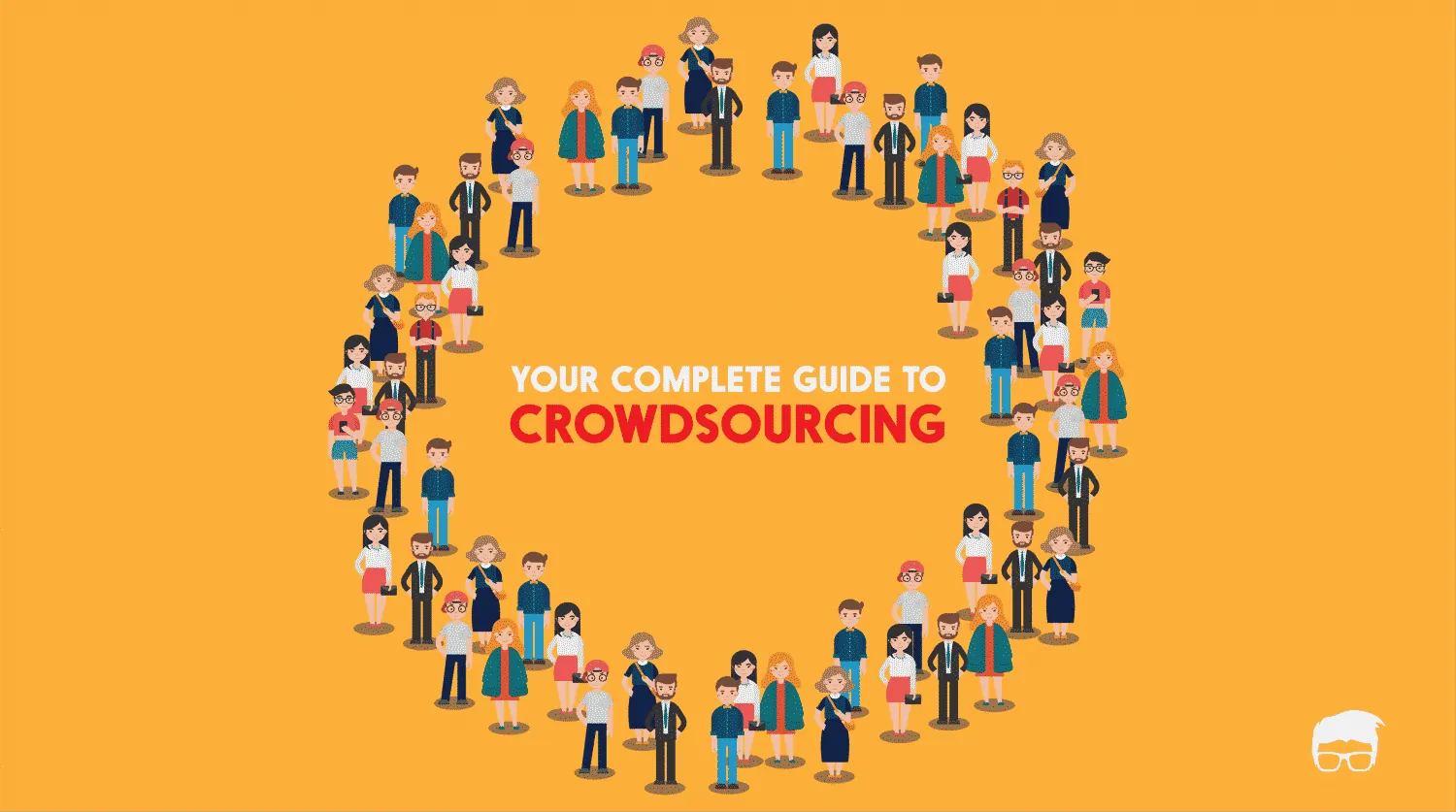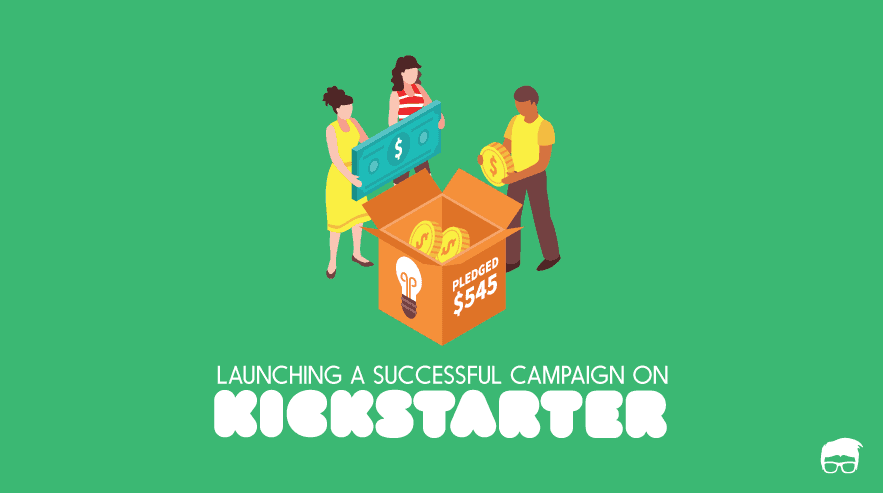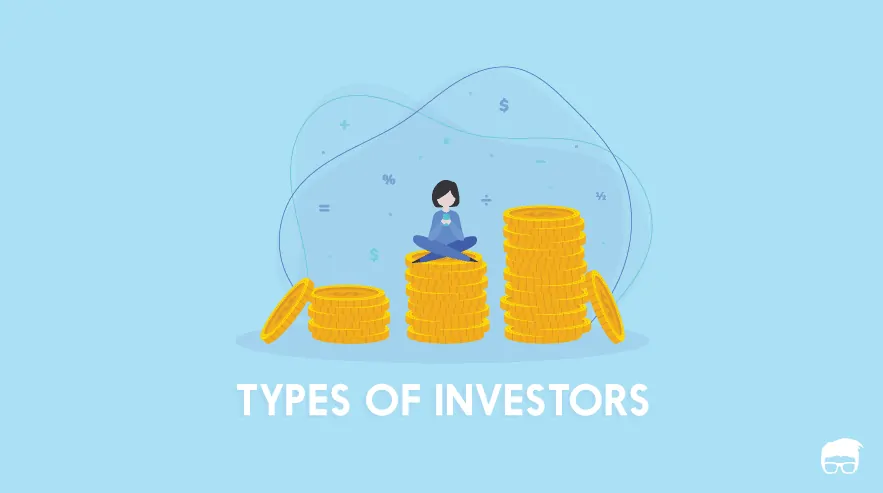Do you have an idea or a product or a startup?
But, are you low on funds to even get started?
Crowdfunding is here to help.
Crowdfunding is the method of raising funds for bringing your ideas or projects to life from interested individuals on the internet. But there’s a catch – there are a lot of crowdfunding platforms out there – with Kickstarter and Indiegogo being the most popular.
Choosing between these two platforms might get confusing – especially for a newcomer – since they both seem to offer similar methods of raising funds.
Let’s find out whether you should choose Kickstarter or Indiegogo for raising funds for your next big project.
What Is Kickstarter?
Kickstarter is a crowdfunding platform that was started in 2009 to provide people with the ability to support and fund creative projects via the internet.
Kickstarter has been highly successful in helping bring newer ideas and products to life which otherwise would not have seen the light of day. As of writing, Kickstarter has helped fund over 183,072 projects and raise over $5 billion in pledges for all projects listed on its site.
What Is Indiegogo?
Indiegogo is a crowdfunding platform, similar to Kickstarter, in the fact that it helps users post their ideas or projects to receive funding from interested users.
Indiegogo was founded in 2007 and is quite popular as a direct rival to Kickstarter. The site gets over 10 million monthly unique visits, helped raise over $1 billion in pledges, and lists over 19,000 new campaigns on its platform every month as of writing.
Kickstarter vs Indiegogo
Kickstarter | Indiegogo | |
|---|---|---|
Raising Funds | One-time: Fixed | Fixed & Flexible options |
Funding Payout | Once the Funding goal is Reached (Or) Upon completion of the campaign | Once the Funding goal is Reached (Or) Upon campaign meeting its deadline |
Platform Fees | 5% of the total funds raised + transaction fee (3-5%) | 5% of the total funds raised + transaction fee (3-5%) |
Availability | Campaign creation available in 22 countries (at the time of writing) | Campaign creation available in 20 countries (at the time of writing) |
Suitable For | New, one-time, one-off projects | Developing emerging ideas or products |
Raising Funds
Kickstarter
Kickstarter provides a more “fixed” approach towards raising funds:
- You create a campaign on Kickstarter and set a certain amount and duration as the goal of your campaign
- Other users get to fund your campaign
You are provided with the option for setting the duration of your Kickstarter campaign and the maximum numbers of days that you can run your campaign are limited to 60 days.
Kickstarter, in effect, help create a one-time, large fund that will help you in your endeavours.
Indiegogo
Indiegogo provides users with the ability to choose between two different methods of raising funds –
- Fixed: You receive the amount only after it meets your goals within the set deadline. Recommended if your campaign objective requires a minimum amount to be produced and delivered.
- Flexible: You get to keep the amount you raised even if it does not meet your goals or the deadline. Recommended if your main intention is to raise money and if you’ll be able to provide on your promises even if the target goal is not met.
Indiegogo also allows users with the option of setting the duration of their campaigns (max. duration – 60 days).
Funding Payout
Kickstarter
Kickstarter funds are paid out only upon completion of the campaign. A campaign is considered to be “successful” if it reaches or exceeds the funding goals set before the deadline. The raised amount is held for about 14-15 days after the completion of the campaign before it is credited to your account.
This is because of the way Kickstarter handles funding from users –
Once a user pledges an amount for a project, it does not get debited from the user’s card immediately. Instead, the amount is debited from the user only when the campaign is “successful”. This time is also used by Kickstarter to check campaign for inconsistencies and allows payment processors to verify payment details.
In case your campaign does not reach its goals or runs out of time, backers are not charged and you do not receive any funding amount.
Indiegogo
On the other hand, Indiegogo credits the total amount raised to your bank account within 14-15 days after the project ends.
- Fixed Indiegogo campaigns get their amount credited to their bank accounts after the project reaches its goals.
- Flexible Indiegogo campaigns get their amount credited to their bank accounts once the project reaches its deadline.
This is due because of the way Indiegogo handles its pledges.
Unlike Kickstarter, when a backer pledges an amount to an Indiegogo campaign, the amount gets instantly debited from the backer’s account.
Platform Fees
Kickstarter
Kickstarter takes 5% from the total amount you managed to raise during your campaign as the platform fee and also charges another 3-5% in the form of payment processing fee.

Indiegogo
Similar to Kickstarter, Indiegogo takes 5% from the total amount that you were able to raise during your campaign as a platform fee and also charges another 3-5% in the form of payment processing fee for handling the individual transactions made by backers. Apart from that, it also charges certain fixed rates every time Indiegogo sends funds to your bank account –
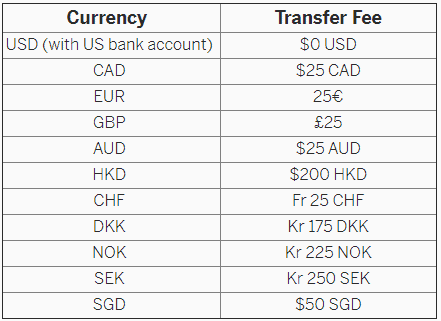
Availability
Kickstarter
Kickstarter allows backers from anywhere in the world to pledge for a Kickstarter project. But Kickstarter project creation is available only for users from the following countries (as of writing) –
The United States | United Kingdom | Canada | Australia | New Zealand |
The Netherlands | Denmark | Ireland | Norway | Sweden |
Germany | France | Spain | Italy | Austria |
Belgium | Switzerland | Luxembourg | Hong Kong | Singapore |
Mexico | Japan |
Indiegogo
Indiegogo also allows backers from anywhere in the world but the ability to create an Indiegogo campaign is limited to users from the following countries (as of writing) –
The United States | United Kingdom | Canada | Australia | Hong Kong (China campaigns may be eligible) |
Austria | Belgium | Denmark | Germany | Finland |
France | Republic of Ireland | Italy | Luxembourg | Netherlands |
Norway | Portugal | Singapore | Spain | Sweden |
Switzerland |
Suitable For
Kickstarter
Kickstarter is more suitable for funding new, one-off projects or products that require a fixed amount of funding for production. Kickstarter’s fixed, one-time funding also means that it is more suitable for those requiring large amounts of funding.
Here are a few products and companies to come out of Kickstarter campaigns –
- Pebble Smartwatches
- OUYA Video Game Console
- The Everyday Backpack
These types of one-off products would greatly benefit from a Kickstarter campaign than from Indiegogo.
Indiegogo
Indiegogo is more suited to emerging projects and ideas. While Indiegogo allows for funding to be raised in a “fixed” manner similar to Kickstarter’s approach, it also allows a “flexible” campaign.
This is useful if your primary aim is to raise money – how much ever it may be. This works if you are looking to raise money for a cause, for non-profit, or if you’re sure that you will be able to deliver your product as well as perk even without reaching your goal.
This flexibility is not available in Kickstarter and Indiegogo also benefits from the faster transfer times of the raised funds.
Here are a few products, companies and causes that were successfully funded with the help of Indiegogo campaigns –
- AIT Smart One: The GameChanger Smart Desk
- Restoring King Chapel
- Opal Nugget Ice Maker
- Jibo
Takeaway
Both, Kickstarter and Indiegogo are highly popular. Both are similar to one another in more ways than one. But even then, Kickstarter can be seen as a more traditional and stricter take on the crowdfunding model while Indiegogo has a more laid-back approach with its flexible funding supporting even the smallest of ideas and projects.
Needless to say, it is up to you to find out which platform fits your goals and your unique idea or project.
Generally speaking, you will find more artists, musicians, filmmakers, geeks and gadget makers on Kickstarter while you get to see more small businesses and unique ideas on Indiegogo.
Go On, Tell Us What You Think!
Did we miss something? Come on! Tell us what you think of our guide on Kickstarter vs Indiegogo in the comments section.

Started out to become a developer but felt at home in the home of startups. The journey started from a single novel. Been an entrepreneur since schooling days. Interested in coding, reading and movies.
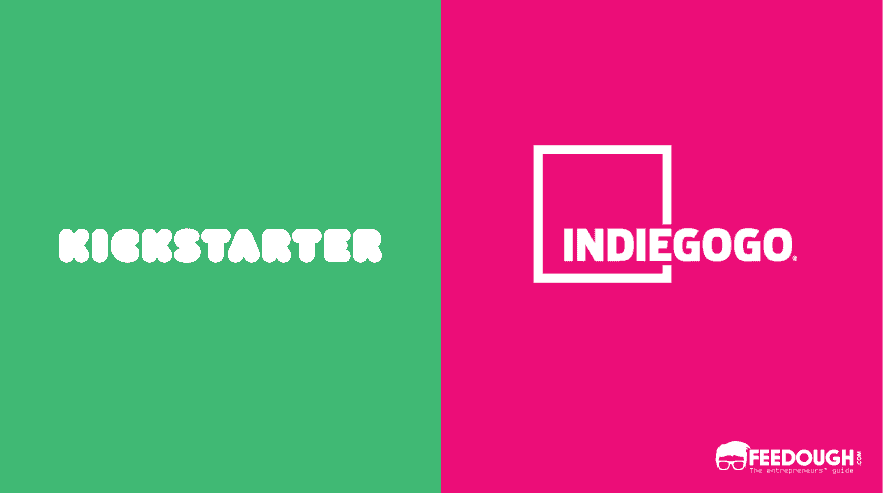
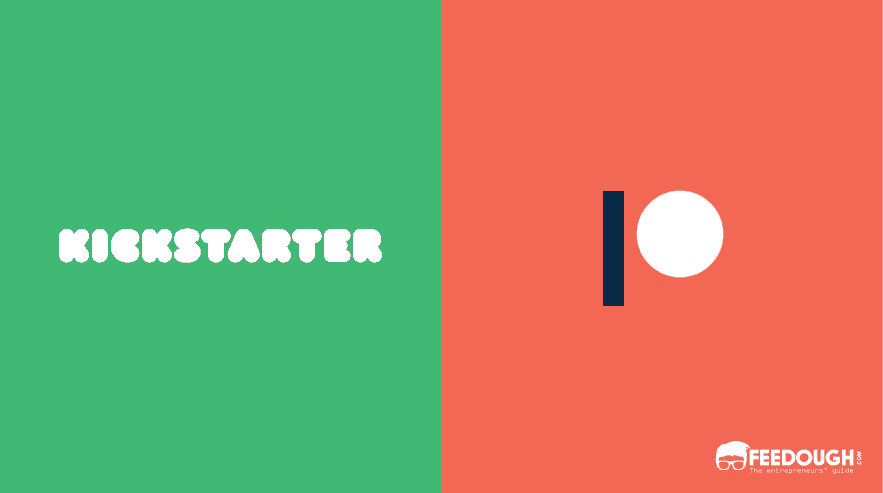
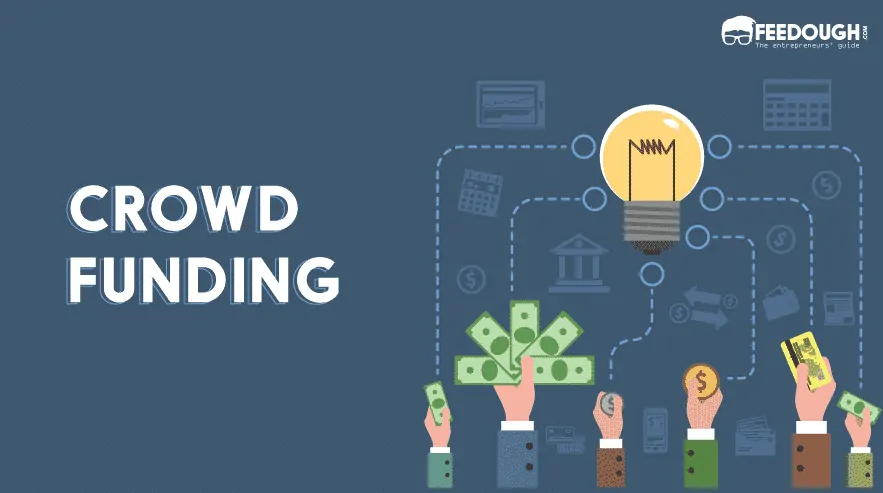
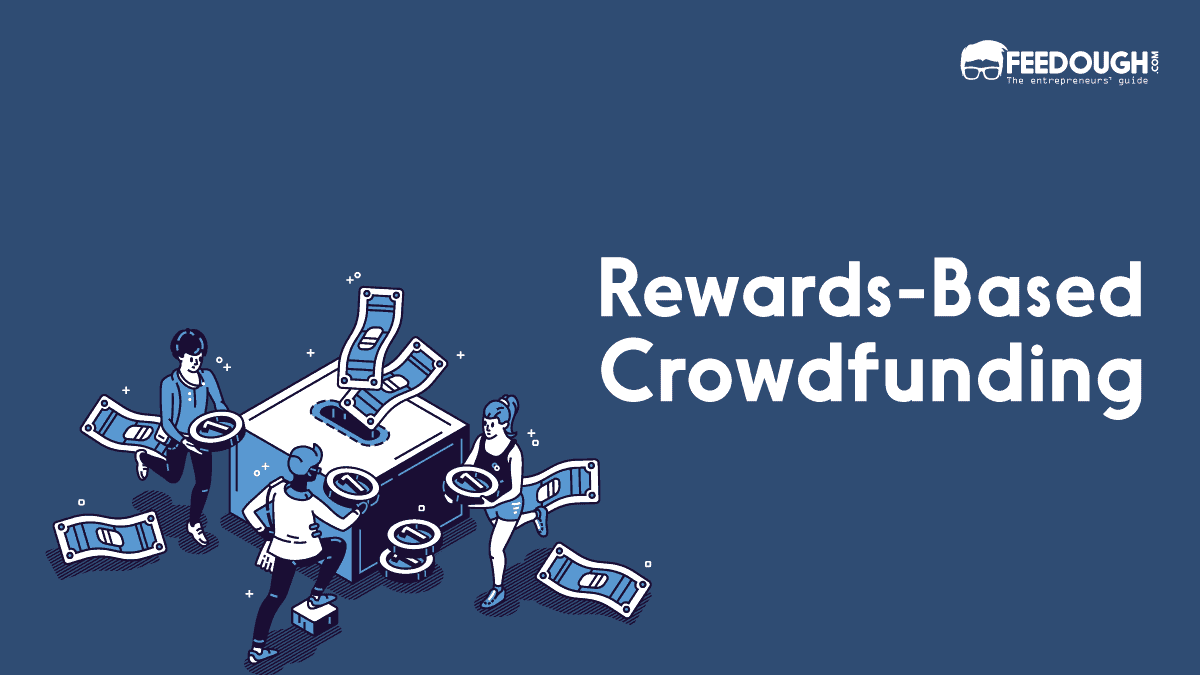
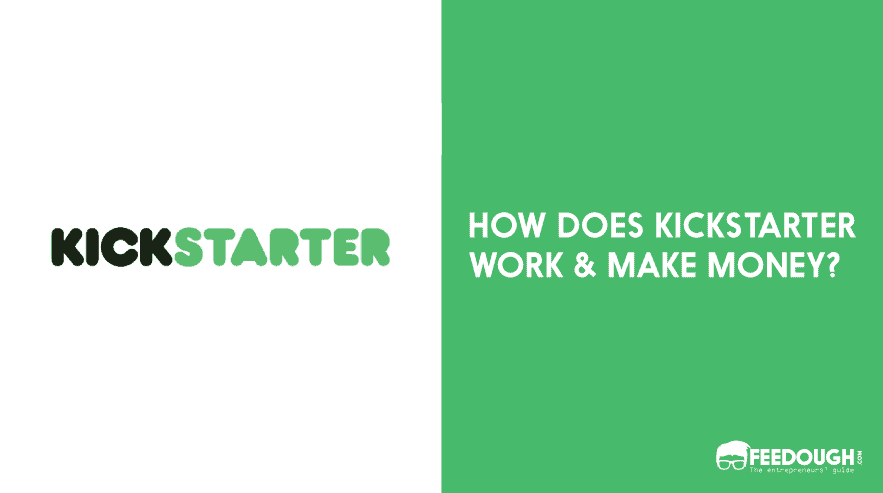
![How To Get Startup Funding [The Complete Guide] startup funding guide](https://www.feedough.com/wp-content/uploads/2022/08/startup-funding-guide.webp)
